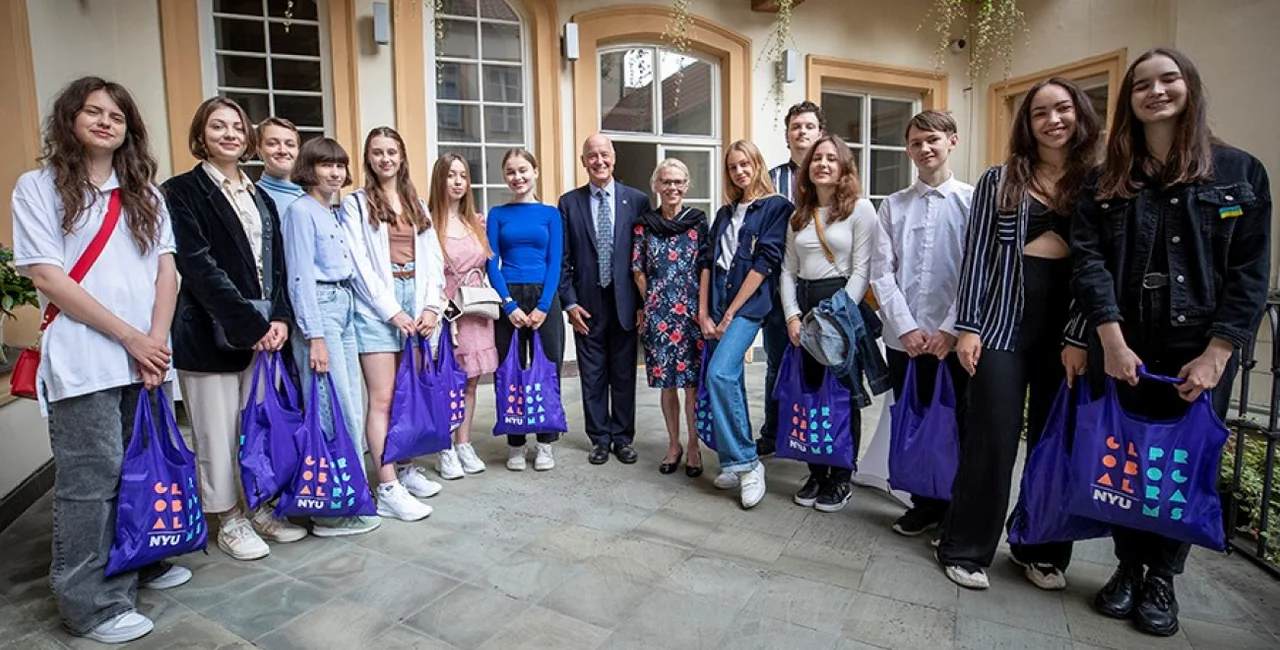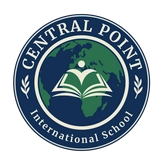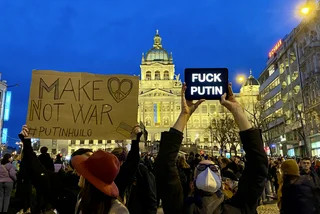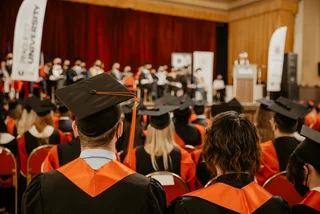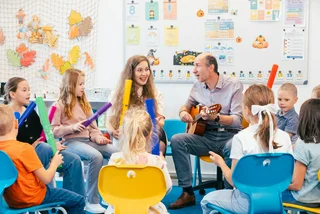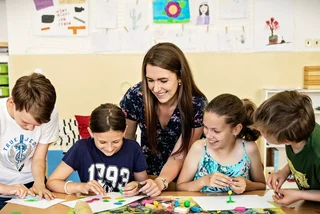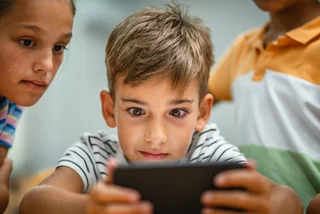The one-year anniversary of Russian President Vladimir Putin’s decision to invade Ukraine, which saw lives uprooted, families torn apart, and the livelihood of a nation critically damaged, also presents an opportunity to reflect on the perseverance and bravery of the Ukrainian people. Among the millions displaced, this is the story of two courageous young women who left their families and livelihoods six months ago.
Anastasiia Koverha and Iryna Neroda are two students granted entry into New York University’s program to host displaced Ukrainian students following the Russian invasion of Ukraine in February 2022.
Anastasiia Koverha is 21 years old and displaced from Chernivtsi, Ukraine. She was forced out of her childhood city in Western Ukraine after the Russian annexation of Crimea in 2014 and was again displaced this year from her new hometown of Sloviansk, in Eastern Ukraine.
After moving around between eight different cities this spring and summer, she arrived in Prague in early September for the fall semester.
Koverha remarked about what she found most effective in keeping morale upWhat I value from my foreign friends is being aware of what is going on—seeing stuff and not forgetting.
Iryna Neroda is 18 years old and displaced from Lutsk, Ukraine. She stayed in her hometown until arriving in Prague in early September 2022.
The program, which is in partnership with Ukraine Global University, takes place on the Prague satellite campus of New York University. It is not a degree-granting campus of the university, but rather one for students from the main campus to study abroad for a semester or year.
The Ukrainian student exchange program involved rigorous and lengthy vetting, whittling over 2,000 applicants down to 13. Koverha was glad to finally settle down after months of being displaced. “When my university was destroyed, I thought I would never have a normal student’s life, but at NYU, I do. I have the chance to be in a permanent city and start living a normal life.”
Neroda’s time in Prague also allowed her to narrowly escape danger. “A couple months ago, there was a massive shelling and it landed right in front of my university. It was partially destroyed,” she recounted.
Neroda commended the hospitality she encounteredI think even the smallest steps and actions help. The donations and support we receive, the [Ukrainian] flags around us help because they makes us proud Ukrainians and build the strong side of us.
Although they are looking forward to going home, Koverha and Neroda are enjoying their time in Prague. “I love Prague,” Koverha said. “Every city I come in, I try to treat the city as something I can make friends with, and Prague was easy to make friends with. It felt very cozy.”
Being a war refugee in a foreign country does put these students in the spotlight, which can sometimes go awry. “There is a lot of propaganda, and I think we should counter this,” Koverha recalled about one of her primary worries surrounding the war. “I have seen it. I met a Czech person that said [Ukrainian President Volodymyr] Zelensky had a Nazi tell him what to do and said there were Nazis in the western part of Ukraine. It’s the typical narrative of Russian propaganda. It’s so strong and people really believe this.”
Nevertheless, the students feel welcomed in the NYU community. Aware that the majority-American student population has the potential to create a polarizing social environment, Neroda is happy with the treatment she and the other Ukrainian students have received during their time at NYU.
“I am so happy about the fact that they don’t separate the Ukrainian and American students. People expect us to be more in our Ukrainian bubble, but it doesn’t work like that. The thing we want to do most is lead a normal life and not be the Ukrainian refugee,” Neroda said about her integration into the community.
“They realized the fact that we had just fled our home country because of war and did their best, not the separate us. I am very appreciative and grateful.”
Amid the obvious emotional pressures that being away from home would apply to the students, Neroda recounted feelings of guilt and anxiety from being away from the hardships her home country is enduring. “We Ukrainians, we feel guilty when we eat out somewhere because some people don’t even have the chance to get water. If I get a coffee that costs CZK 200, I donate CZK 400 to our army,” she said with a smile.
On a more serious note, she credits her parents' reassurance and personal experience in helping her overcome this guilt. “Since the beginning of the war [until arriving in Prague in September], I know life goes on. It’s not like everything just stopped, I just have to remind myself that life goes on and I don’t have to stop living just because of that.”
Koverha and Neroda don’t know what their future holds, given that NYU’s exchange program is one year long, but they have high hopes. Koverha hopes to return to work at an NGO as she did at home before the war.
“My major is marketing, but I hope to refocus on human rights and development. I thought [studying abroad] would be useful to gain experience, then go back to Ukraine with my new knowledge. When the war is over, there will be a period when people will need to restore the economy and society.”
Neroda hopes she can finish out her studies at NYU. “I hope they can prolong the program and we have a chance to finish our school abroad. When universities in Europe and America give the chances [for Ukrainian students to study there], it is very helpful.”
This article was produced as part of a journalism course for Prague-based journalism organization Transitions. Homepage photo by Anna Boháčová.












 Reading time: 4 minutes
Reading time: 4 minutes 